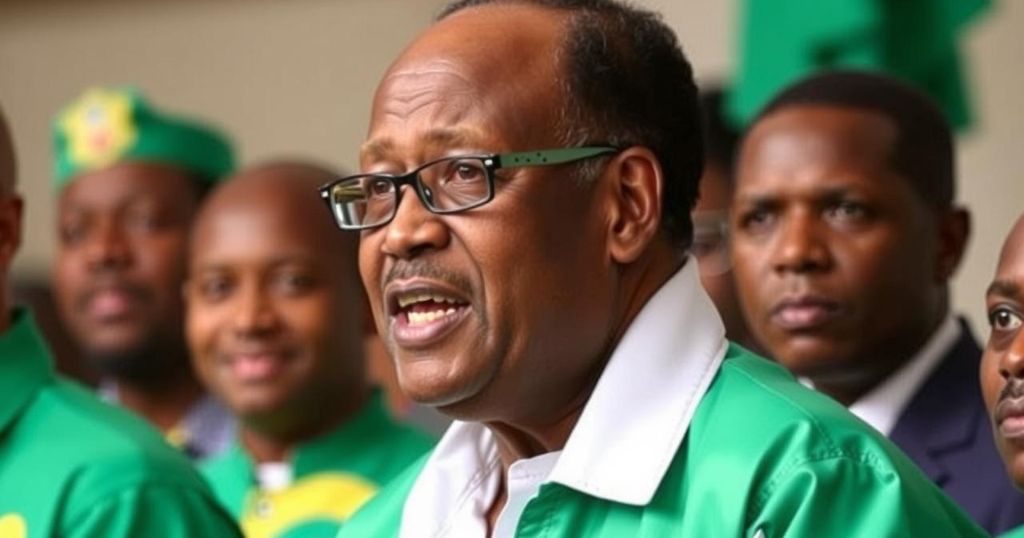Chad’s Ruling Party Secures Majority in Boycotted Parliamentary Election

Chad’s ruling party, the Patriotic Salvation Movement, won a majority in the recent parliamentary elections boycotted by major opposition parties. The election, marked by a 51.5% voter turnout, is seen as a consolidation of power for President Mahamat Idriss Deby, coming after a decade-long hiatus in parliamentary elections. Opposition claims the election lacked legitimacy, echoing their concerns about past electoral processes.
In a parliamentary election held last month, Chad’s ruling party, the Patriotic Salvation Movement (PSM), has achieved a decisive victory, winning 124 out of 188 seats according to provisional results announced by Ahmed Bartchiret, the electoral commission’s head. The election, which saw a voter turnout of 51.5%, was boycotted by over ten opposition parties, including the prominent Transformers party, which labeled the event a “charade.” This election was notable as it marked Chad’s first parliamentary elections in over a decade and was viewed as a significant consolidation of political power by President Mahamat Idriss Deby, who ascended to leadership following the death of his father, long-time president Idriss Deby Itno, in 2021.
Chad has been undergoing a transition to democracy since Mahamat Idriss Deby took control as a military leader following his father’s death. This election was viewed as a critical step towards decentralization of governance, which the current president emphasized as a long-awaited desire of the Chadian populace. The boycott by major opposition parties raised concerns regarding the election’s legitimacy, following previous criticisms of the credibility of the disputed presidential elections of last year.
In conclusion, the parliamentary election results indicate a strong hold on power by the ruling Patriotic Salvation Movement, especially in the absence of significant opposition participation. This context reflects ongoing tensions in Chad’s political landscape and highlights the challenges concerning democratic processes amid security issues that the country faces. The next steps for the government will be crucial as they navigate these political dynamics and security concerns.
Original Source: abcnews.go.com






